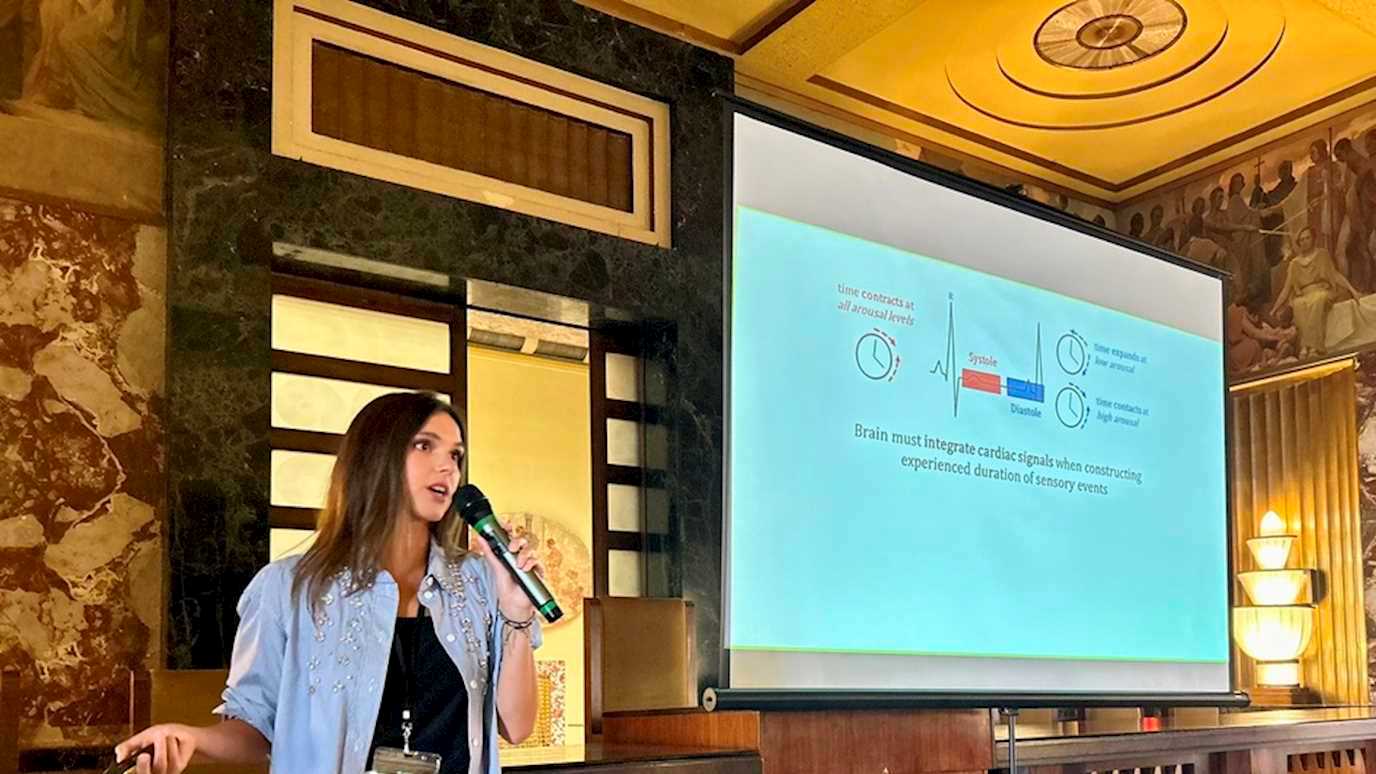New BNA role will help ensure that Parliament understands key findings in brain research and the views of neuroscientists on ways to improve the culture around research.

Narender Ramnani, Professor of Neuroscience and Deputy PGR Lead in the Department of Psychology, has taken up a lead role for the British Neuroscience Association (BNA) to represent it on the Parliamentary and Scientific Committee (P&SC).
The British Neuroscience Association is the main organisation that represents the interests of neuroscientists in the UK and it aims to place brain research high on the agenda of UK life science policy makers. Professor Ramnani has been a member of the governing body of the BNA since 2005 in various roles, and his current role as a BNA Trustee involves responsibility for delivering parts of this strategy.
Membership of the committee provides an arena in which the BNA and parliamentarians can discuss evidence from neuroscience research, its impact on society, and ways in which to improve the way that science is administered and conducted. The BNA will also work with the Parliamentary Office of Science and Technology (POST) to produce material that keeps parliamentarians informed about developments in neuroscience.
Professor Ramnani attended an event in the House of Commons to launch a new ‘Credibility in Neuroscience’ Manifesto, which promotes a cultural shift towards research reproducibility, open science and incentivising measures such as pre-registration. He commented,
“I’m delighted to represent the BNA on the P&SC. Joining this committee will mean we’ll be able to ensure that parliamentarians are aware of significant areas of ‘breakthrough’ neuroscience and provide clarity on why these findings are significant for science and society.
"We'll also raise awareness of issues that we feel are important for neuroscientists, including those related to the process of research and research culture in the UK.”
Professor Ramnani opened the launch on 25 November, sharing the platform with other speakers, Professor Lord Robert Winston (British Neuroscience Association Patron), Professor Dorothy Bishop (Professor of Developmental Neuropsychology at Oxford University) and Dr Anne Cooke (BNA Chief Executive).
Read more about Professor Narender Ramnani
“ My research programme is funded by the BBSRC and focuses on the mechanisms of movement, learning, and higher cognitive function in the human brain. We also plan to study the impact of aging on these mechanisms. The techniques we use include brain imaging (functional Magnetic Resonance Imaging), and a range of behavioural methods including eyetracking.
When learning about neuroscience, it is important for our students to acquire a good understanding of brain organisation. Of course, we could teach our Psychology undergraduates about brain anatomy using only figures and diagrams as in most other universities, but I feel that students gain a deeper and more profound understanding, and feel more inspired, by handling and observing at first hand actual post-mortem human brain specimens. Over the course of the last ten years I have developed and maintained a long-term teaching collaboration with St. Georges Medical School that has allowed me to bring human brain specimens to Royal Holloway for lectures and small-group teaching sessions.
This teaching method is specialised and becoming rare, so I also use this as an opportunity to train early career researchers in this teaching skill so that they can use it in their future academic careers.
I talk more about research inspired teaching in my film which is part of the Talking Teaching series here:
"Royal Holloway Department of Psychology is a fantastic place mainly because there are so many other like-minded individuals in the department who continue to support and inspire, not just each other but also the students.
It is important to me that staff and students feel that they have equality of opportunity at Royal Holloway and are treated with respect and fairness, so I’ve played active roles in various equality initiatives, helping to shape and monitor policies and actions, since 2013. This has included membership of Royal Holloway Race Equality Charter, Athena SWAN and other committees that have won national awards. I also led the Athena SWAN team in my Department whose efforts won a Silver Award in 2016. “























